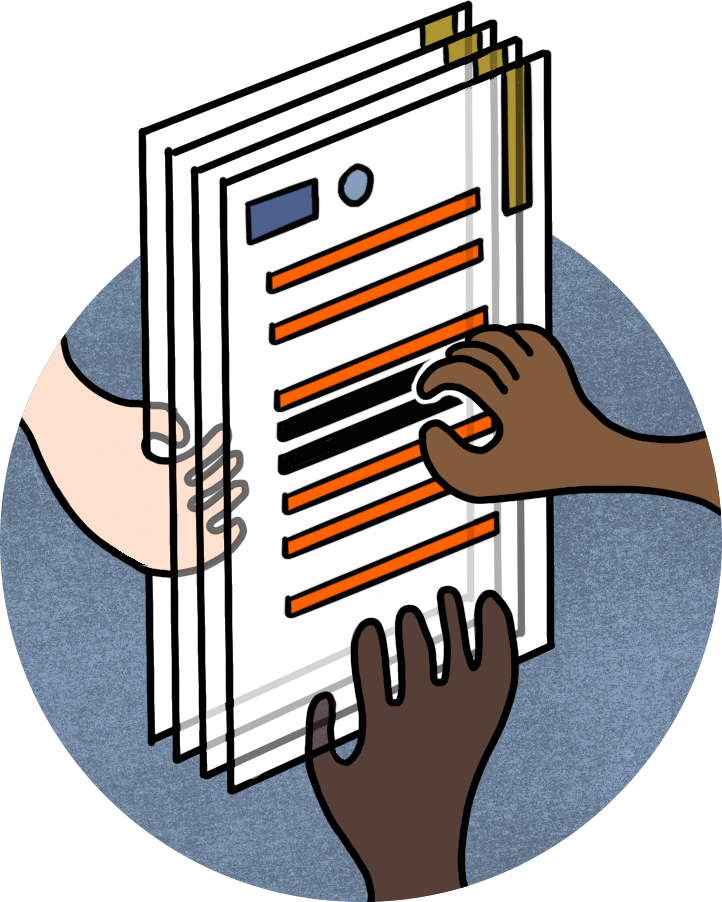Early Learning is a critical component of a child’s education. Research has linked early intervention with both cognitive and socio-emotional gains since the early 20th century, and clearly shows that children enrolled in a form of early learning programs benefit by receiving an education before kindergarten.
Studies show that children enrolled in these programs showcase the following benefits:
- Better behavioral patterns.
- Higher IQ scores when enrolling in kindergarten.
- Faster learning.
- Higher socio-economic outcomes later in life.
- Between 1.3% to 3.5% higher income over the course of their careers.
Likewise, studies show that children that are behind when they enter kindergarten tend to remain behind for their entire educational career, and even beyond. These gaps in achievement are difficult and expensive to close with K-12 education alone, and the improved earnings show that early intervention is an intelligent investment.






